Healthy Food for Your Heart: What to Eat for Cardiovascular Wellness
Healthy Food for Your Heart: What to Eat for Cardiovascular Wellness
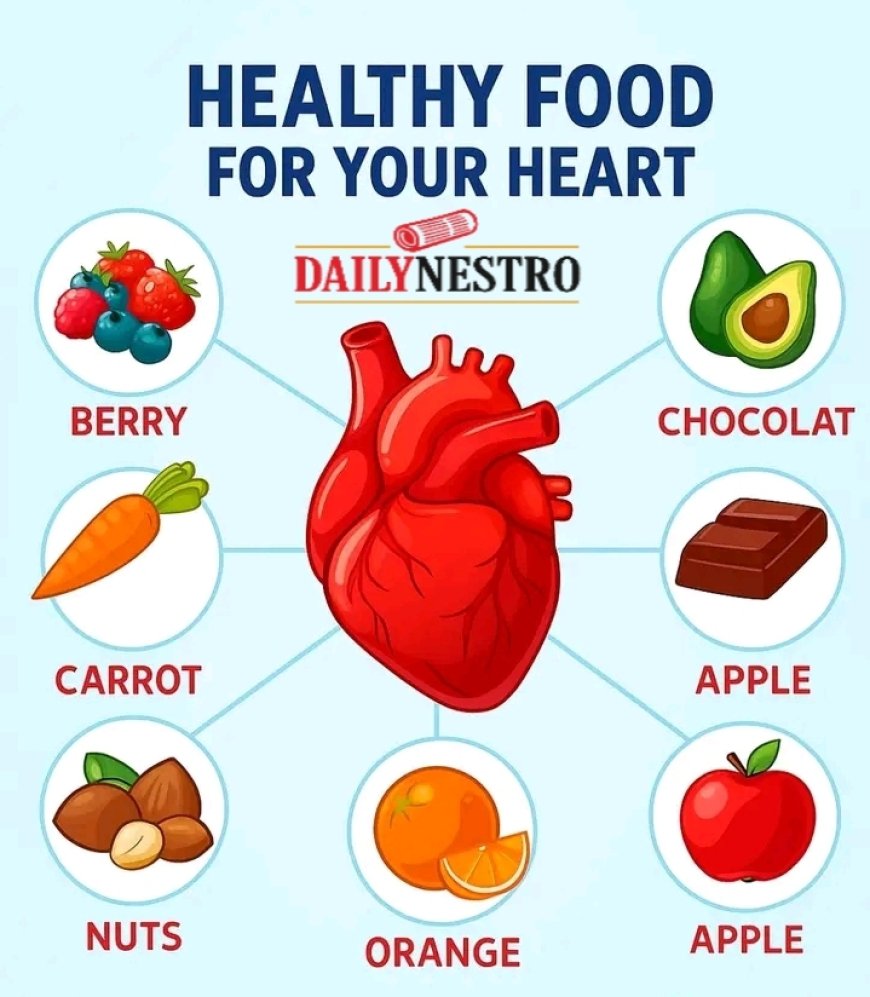
Healthy Food for Your Heart: What to Eat for Cardiovascular Wellness
Your heart is one of the most vital organs in your body — and what you eat directly affects its health. A heart-healthy diet isn't just about cutting back on bad fats or reducing sodium. It's about nourishing your body with whole, nutrient-rich foods that support your cardiovascular system, reduce inflammation, and help maintain healthy blood pressure and cholesterol levels.
Here's a guide to the best foods for a healthy heart — and how to easily incorporate them into your diet.
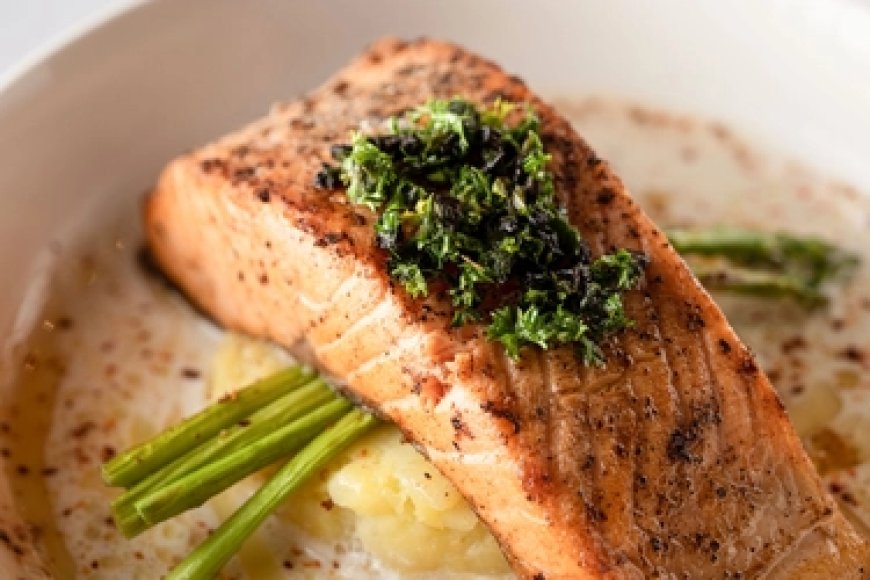
1. Fatty Fish
Fatty fish like salmon, mackerel, sardines, and tuna are rich in omega-3 fatty acids — known to lower triglycerides, reduce inflammation, and prevent blood clots. Eating two servings of fish per week is recommended by the American Heart Association.
Try this: Grilled salmon with lemon and herbs, or tuna salad with olive oil and avocado.
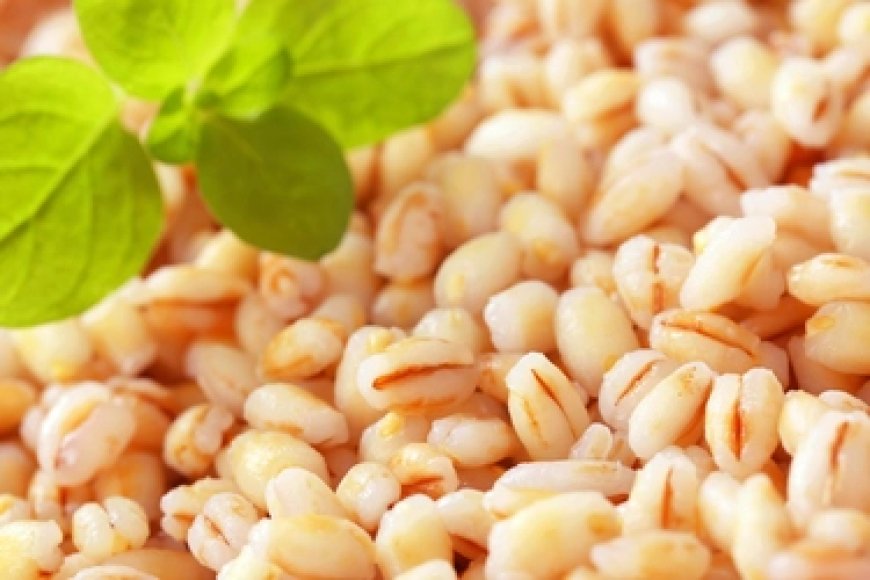
2. Whole Grains
Whole grains such as oats, quinoa, brown rice, barley, and whole wheat contain fiber, which helps lower bad LDL cholesterol and regulate blood sugar.
Try this: Start your day with a bowl of steel-cut oats topped with berries and nuts.
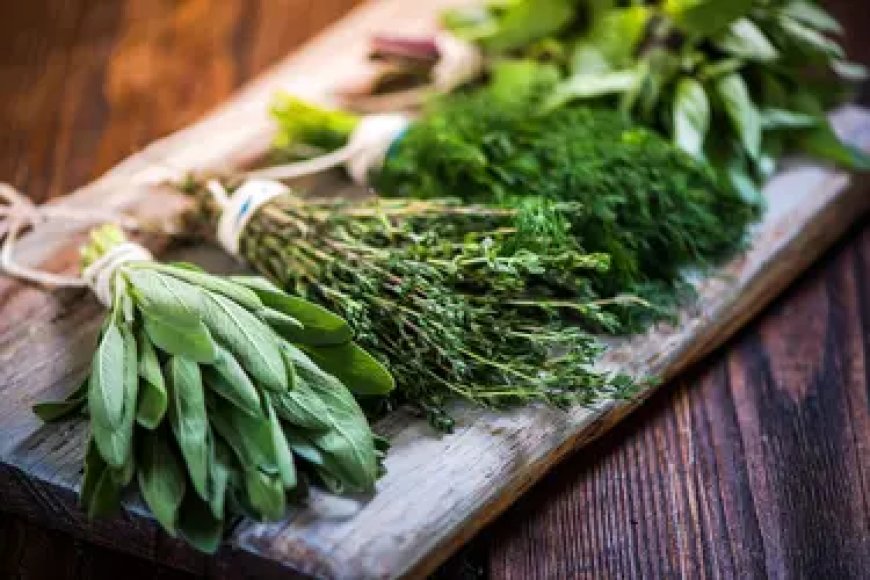
3. Leafy Green Vegetables
Spinach, kale, arugula, and Swiss chard are loaded with vitamins, minerals, and antioxidants. They're especially high in vitamin K and nitrates, which help improve blood flow and lower blood pressure.
Try this: Add a handful of spinach to your smoothie or sauté kale with garlic as a side dish.
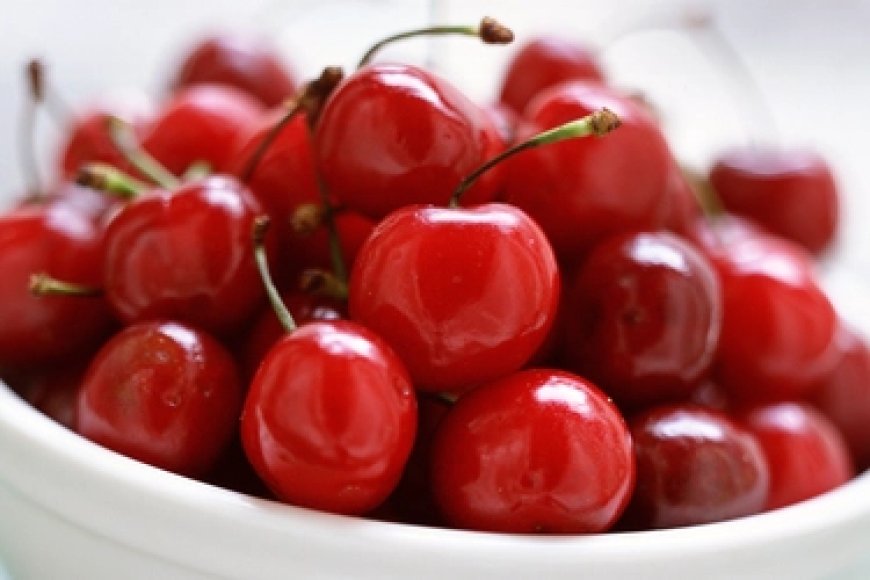
4. Berries
Berries like strawberries, blueberries, raspberries, and blackberries are rich in antioxidants like anthocyanins, which help reduce oxidative stress and inflammation.
Try this: Mix berries into yogurt, cereal, or enjoy them as a healthy snack.
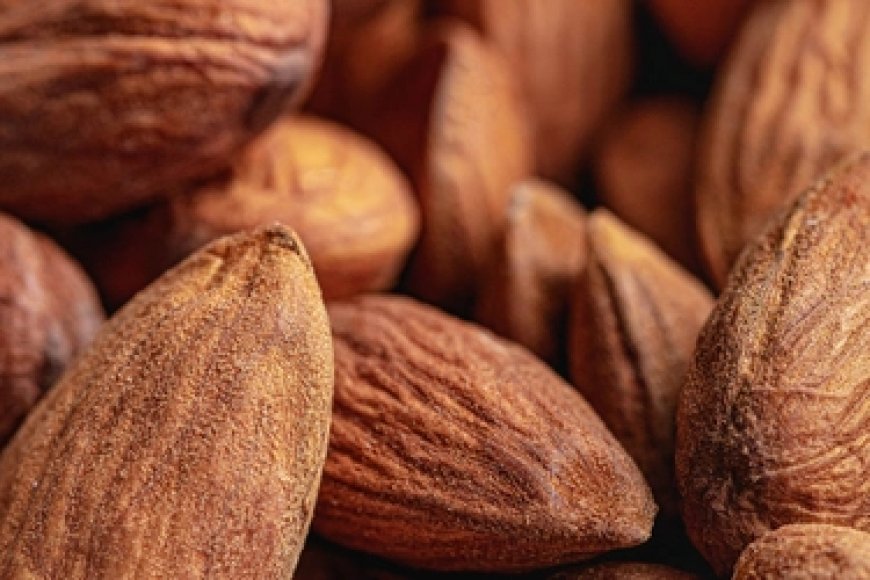
5. Nuts and Seeds
Almonds, walnuts, flaxseeds, chia seeds, and sunflower seeds provide heart-healthy fats, fiber, and plant-based proteins. Walnuts, in particular, are high in omega-3s.
Try this: Snack on a handful of unsalted mixed nuts or sprinkle flaxseeds into your smoothie.
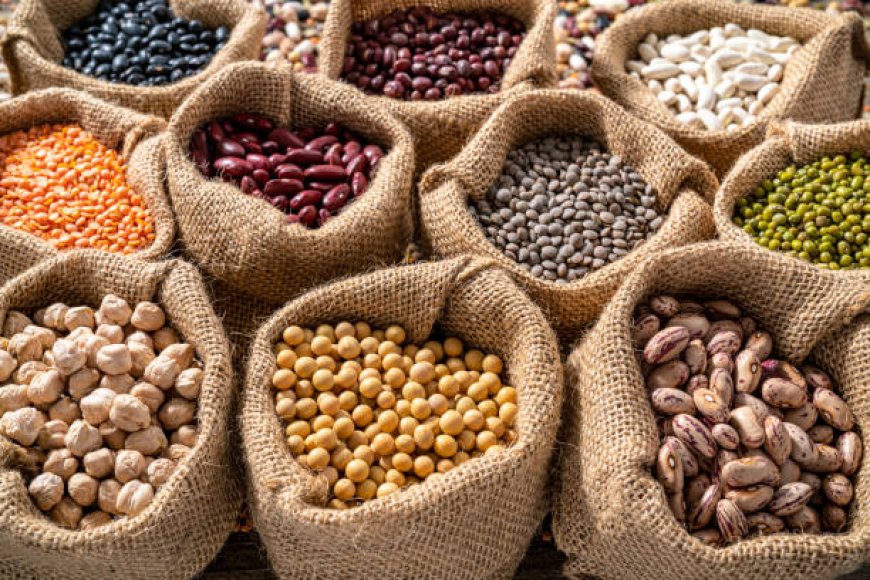
6. Legumes
Beans, lentils, and chickpeas are high in protein and fiber while being low in fat. They help improve cholesterol levels and stabilize blood sugar.
Try this: Make a hearty lentil soup or add black beans to your salad or taco.
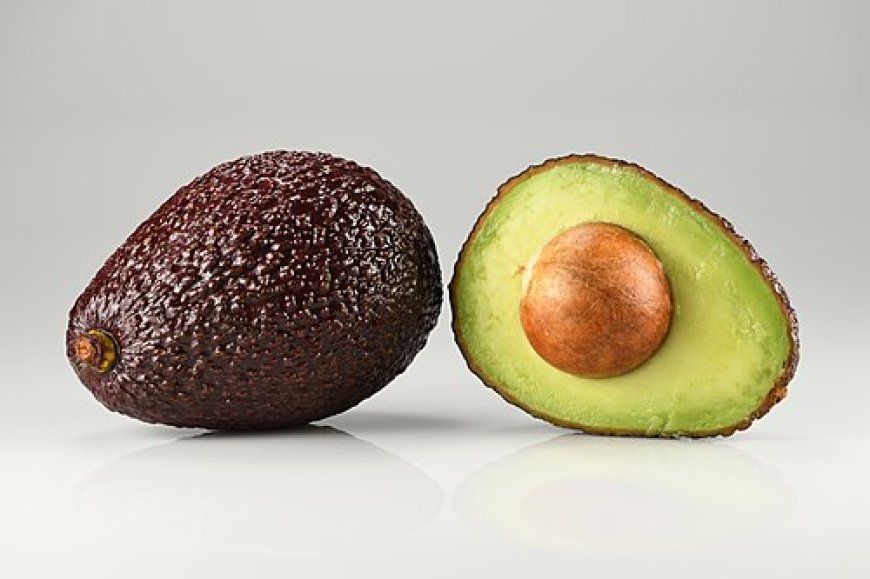
7. Avocados
Avocados are a great source of monounsaturated fats, which are known to reduce LDL cholesterol and support heart health. They’re also high in potassium, which helps manage blood pressure.
Try this: Spread avocado on whole-grain toast or blend into a creamy salad dressing.

8. Olive Oil
A staple of the Mediterranean diet, extra virgin olive oil is full of antioxidants and healthy fats that protect the heart and reduce inflammation.
Try this: Use olive oil as your go-to cooking oil or drizzle over salads an vegetables.
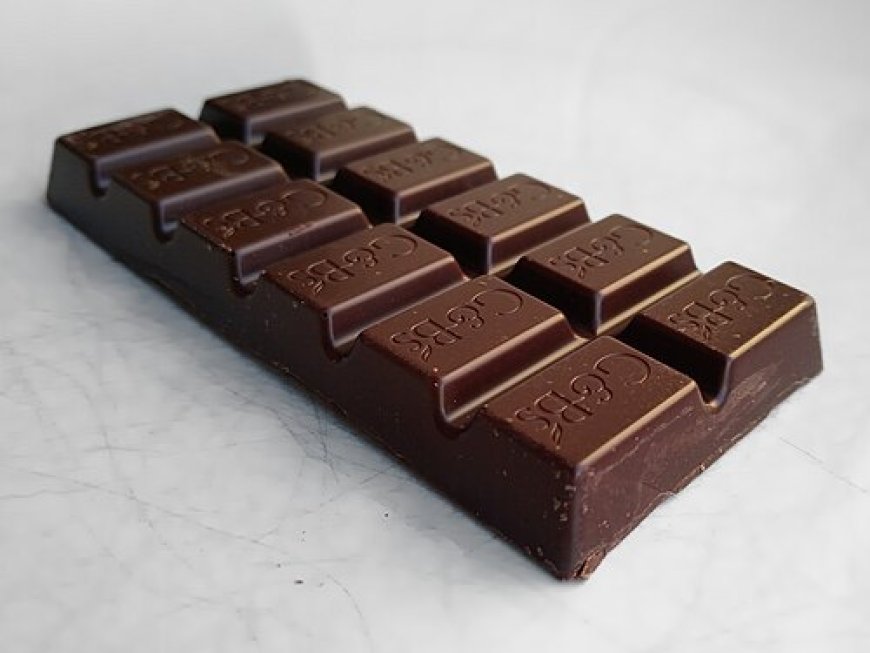
9. Dark Chocolate (in moderation)
Dark chocolate (70% cocoa or higher) contains flavonoids that may help improve circulation and lower blood pressure — but moderation is key due to its calorie and sugar content.
Try this: Enjoy a small square after dinner or melt a bit over strawberries for a treat.
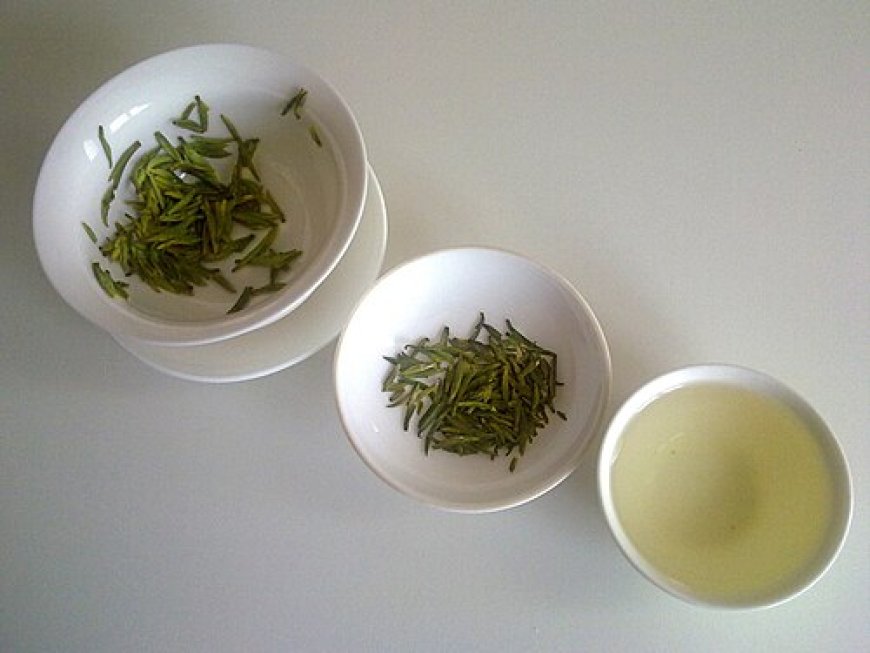
10. Green Tea
Rich in catechins and antioxidants, green tea may help lower blood pressure, reduce LDL cholesterol, and improve blood vessel function.
Try this: Replace sugary drinks with a cup of freshly brewed green tea during the day.
Tips for a Heart-Healthy Diet
▫️Limit saturated and trans fats: Avoid fried foods, processed meats, and commercial baked goods.
▫️ Watch your sodium intake: Opt for fresh foods and flavor your meals with herbs and spices instead of salt.
▫️ Eat more fiber: Aim for 25–30 grams of fiber daily from fruits, vegetables, and whole grains.
▫️Stay hydrated: Water supports every function in your body, including circulation.
In conclusion:
Your diet is one of the most powerful tools you have to protect your heart. By choosing whole, natural, and nutrient-dense foods, you’re not just lowering your risk of heart disease — you're fueling your body to feel better every day.
Start small. Add a few of these heart-healthy foods to your weekly meals, and build from there. Your heart will thank you.
The sources: havard.edu , cruelty.farm







